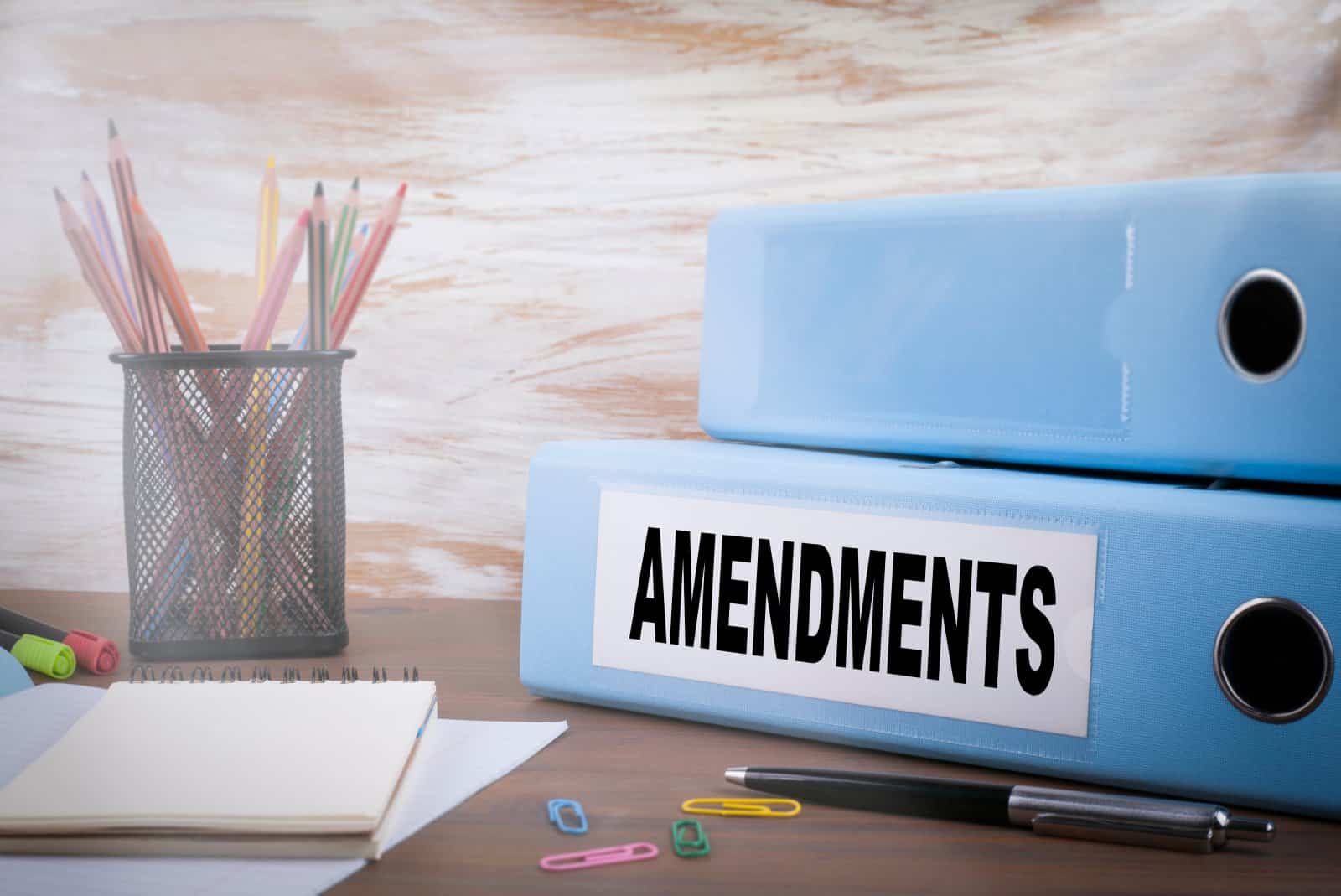President Biden’s judicial nominee, Sarah Netburn, has been facing intense scrutiny after putting forth her recommendation for a transgender inmate to be moved to an all-female prison.
Difficult Questions

Nominated for the US District Court for the Southern District of New York, Netburn is more than familiar with drama, but after her recommendation, she found herself the subject of a difficult line of questioning.
Transferring Inmates

Netburn recommended transferring former William McClain, who identifies as July Justine Shelby, a transgender inmate, to a female prison.
Shelby’s Request

Shelby is biologically male and has been housed with male prisoners but has made the request to be transferred to a female prison.
Leading Questions

During a Senate Judiciary hearing about her recommendation, Senators John Kennedy and Ted Cruz criticized Netburn’s decision and asked leading questions about the situation.
The Criminal Record

Kennedy questioned the safety implications for other female inmates and criticized Netburn for recommending Shelby be housed with female inmates despite their sexual criminal history.
Questioning the Decision

At the same time, Cruz aggressively questioned Netburn about Shelby’s male genitalia and suggested that her decision disregarded the safety and rights of female inmates.
Highlighting Safety

In response to these questions, Netburn defended her recommendation by citing Shelby’s serious medical needs and the risk to her safety in a male facility.
Denied Medical Needs

Netburn defended herself by saying, “My recommendation was that the petitioner’s serious medical needs were being denied by keeping her in a men’s facility.”
The Rights of Inmates

Cruz asked Netburn, “Do they have the right not to have a six-foot-two man who is a repeat serial rapist put in as their cellmate?”
Sexual Criminal History

Kennedy questioned the safety implications for other female inmates and criticized Netburn for recommending Shelby be housed with female inmates despite their sexual criminal history.
Fear for Her Safety

Due to her gender dysphoria and previous experiences of violence in a male prison, Shelby also expressed fear for her health and safety.
Transferring Shelby

Following Netburn’s recommendation, US District Judge Broderick ordered Shelby’s transfer to a female facility because of these medical and safety concerns.
A Political Activist

Focusing on Netburn’s language and perceived biases, Cruz and Kennedy accused Netburn of acting as a political activist rather than an impartial judge, stating, “This is not a judge’s order. This is a political activist.”
Contradicting Claims

Cruz also claimed Netburn used inconsistent rationales and that she contradicted her own report regarding the Bureau of Prisons’ concerns about sexual violence.
Protecting Female Prisoners

Cruz said, “You wrote, quote, the Bureau of Prisons claimed penal logical interest in protecting female prisoners from sexual violence and trauma. This interest is legitimate.”
Agreeing With Shelby

Despite Cruz and Kennedy’s indignation, Three wardens and a district judge supported Netburn’s recommendation to transfer Shelby due to her medical needs and the violence she faced in the male facility.
Violating the Eight Amendment

Referencing the Estelle v. Gamble case precedent, Netburn argued that Shelby’s Eighth Amendment rights were violated because she was not receiving adequate medical care for inmates.
Full Hormone Levels

Netburn also highlights the fact that, “The petitioner had reached full female hormone levels before being incarcerated.”
No Misbehavior in Custody

Netburn then went on to defend her decision by highlighting, “The petitioner had engaged in no violence, no physical violence, no sexual violence whatsoever while in custody.”
21 Beliefs About the Bible That Are Actually False

The Bible is one of the most discussed and debated books in history, yet many common beliefs about it are more myth than fact. How many of these misconceptions have you heard before? 21 Beliefs About the Bible That Are Actually False
21 Subtle Racisms That Are Commonplace in America

Racism in America isn’t always overt; it often hides in plain sight through subtle actions and attitudes. How many of these subtle racisms have you noticed around you? 21 Subtle Racisms That Are Commonplace in America
Only Legal in America: 21 Things You CAN’T Do in the Rest of the World

The U.S. dances to its own beat, especially when it comes to laws that make the rest of the world do a double-take. Here’s a lineup of things that scream “Only in America,” sticking strictly to what’s written in the law books. Ready for a tour through the American legal landscape that’ll leave you wondering if freedom might just be a bit too free? Only Legal in America: 21 Things You CAN’T Do in the Rest of the World
Featured Image Credit: Shutterstock / Jacob Lund.

